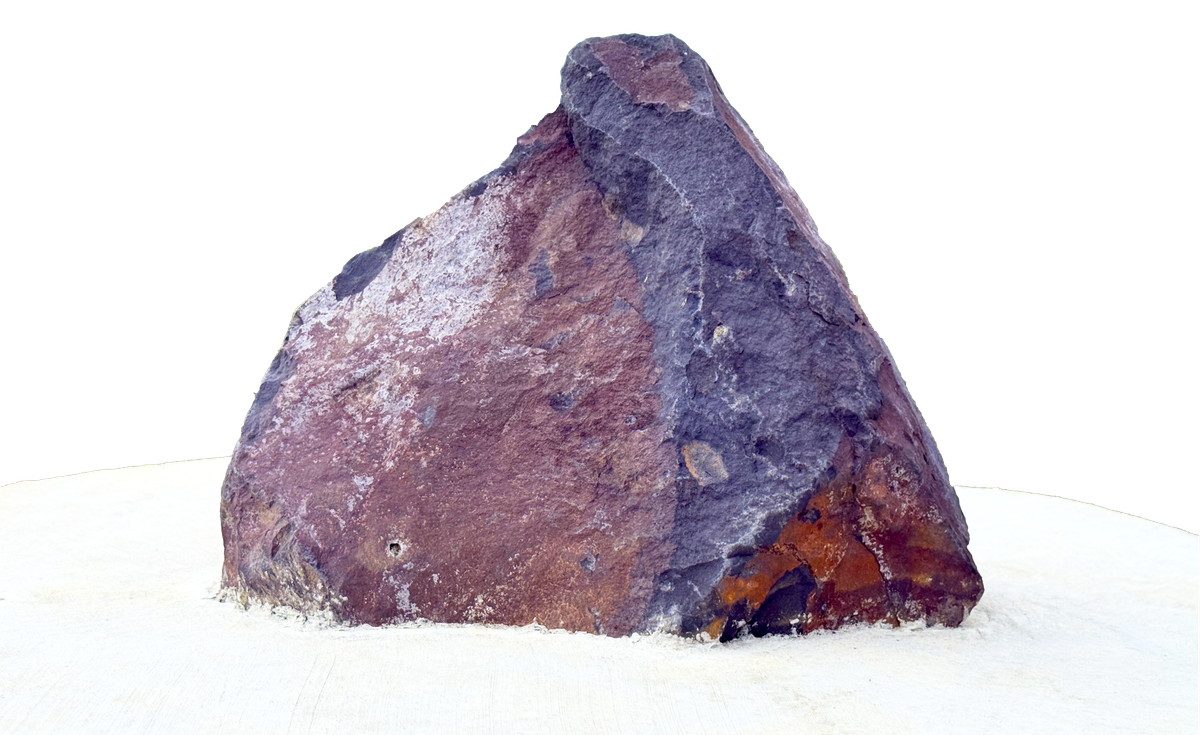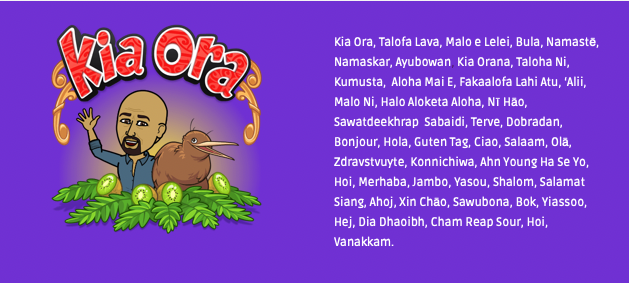Principal's Page

Kia Ora - Greetings Friends
Our Pōhatu Tūmu Foundation Stone focus for 2025 is Pākiki - Curiosity.
I have long been a fan of educational thinkers who promote the pursuit of wonder and curiosity in education - such as Dr Dennis Littky and New Zealand's own Bruce Hammonds, who wrote the 'Leading and Learning' blog that was full of thoughtful and challenging articles.
I have also long been a fan of Alfie Kohn. Two of his books had a big impact on my approach to leading and learning - Punished by Rewards: The Trouble with Gold Stars, Incentive Plans, A’s, Praise, and Other Bribes (1993)
This book critiques the use of rewards and incentives in education and the workplace. Kohn contends that such extrinsic motivators undermine intrinsic motivation and can lead to decreased interest and performance over time.
Beyond Discipline: From Compliance to Community (1996)
Kohn challenges traditional classroom management techniques that focus on compliance. He advocates for creating classroom communities where students have a voice, promoting intrinsic motivation and responsibility.
These books reinforced my belief that stickers and awards were a net negative for learners, and they continue to inform our philosophy at Western Heights.
They reinforced my belief that engaging, challenging learning is a reward in and of itself. Such learning brings children a feeling of accomplishment and self-worth. Feelings of self-worth generated by stickers last very briefly. When the stickers are not there or when they lose their impact, the motivation for learning is gone too. We want to raise learners who love learning, who use their learning to be leaders and help others to learn and lead too. The satisfaction from that is never-ending and life-changing.
At Western Heights, we try to avoid punishments and rewards. Our goal is not to have teacher-pleasers or teacher-fearers. We want to raise children who decide based on what is right, who do the right thing because it is right, and who choose to do the right thing even when no one is looking. This is at the heart of our foundation stone whakapono.
However, we all mess up sometimes. Rather than punish children for messing up, we want them to own their choices and decisions, own the outcomes of those choices and decisions and take responsibility for making things right. The only person who can decide if it has been made right is the person impacted, affected or hurt by those choices. This approach of owning the responsibility to make it right causes the person who made a mistake to think about what they did, how they got to the point of choosing to make that mistake and understand the impact their choice had on the victim of their mistake. Our goal in this approach is for the mistake-maker to have a change of heart. To realise their choice was not cool or kind and to not want to make that mistake again.
In my day, I frequently received corporal punishment for my mistakes, and it did not make me want to change my behaviour; it just made me want to be more careful not to get caught.
Going back to curiosity, the spirit of curiosity drives engagement and motivation. It encourages us to be lifelong learners. This all leads me to share this article, which I think is important reading for parents and teachers.
Less And Less Curious
The trend of decreasing curiosity among our young people is deeply troubling, says American education critic Alfie Kohn.
The article appears on our Learning About Learning page later in this newsletter.
As always - if you have questions or concerns about anything school-related - email me at macash@mac.com, and I will get back to you asap.
My very best regards to you all,
Ash Maindonald
Principal.


